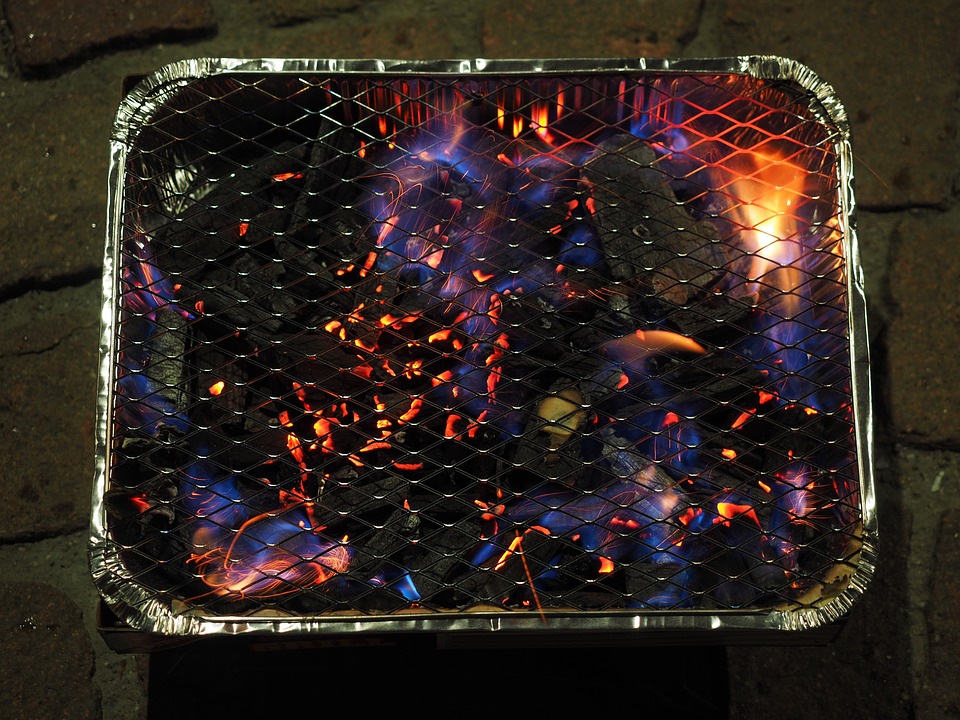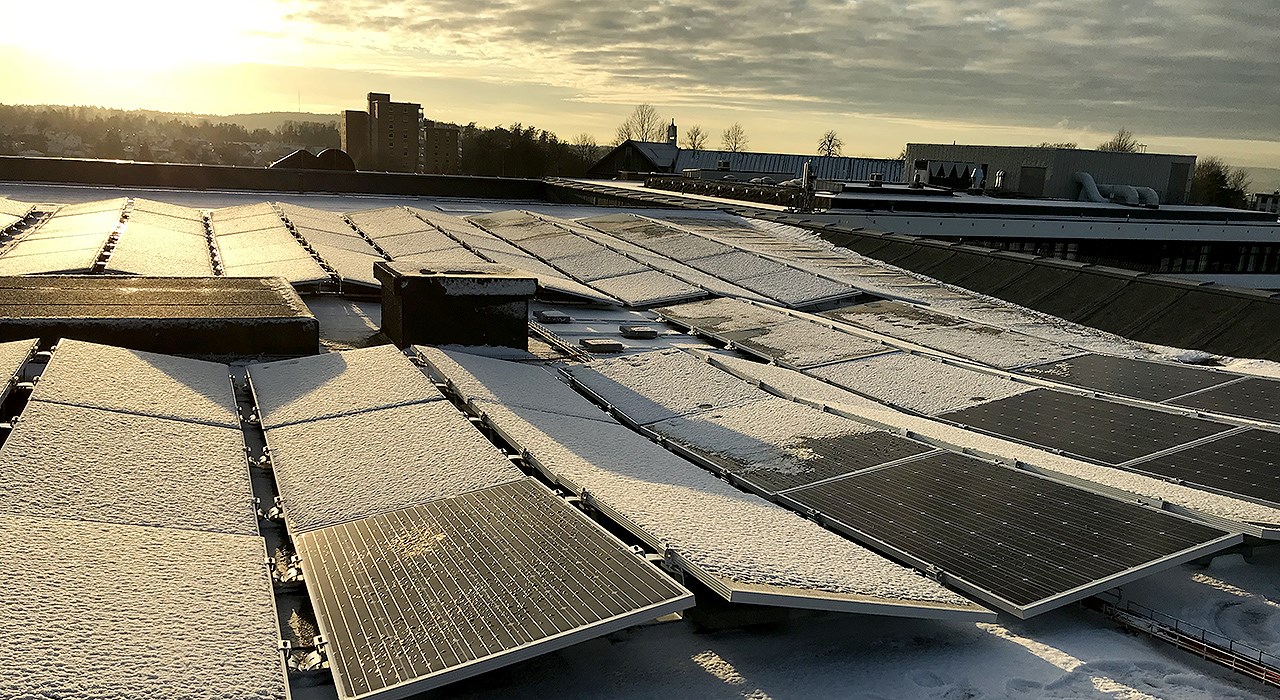(THIS ARTICLE IS MACHINE TRANSLATED by Google from Norwegian)
National Geographic: "Planet or plastic?"
The National Geographic magazine's new campaign is called "Planet or Plastic?" And will disseminate knowledge to consumers about reducing the use of disposable plastic. This includes the magazine itself. The magazine has made an important decision, writes editor Susan Goldberg: The magazine is now sent wrapped in paper to subscribers in the US, England and India. This way, the magazine can save the environment for 2,5 millions of disposable plastic bags every month. National Geographic thus stands for staggering numbers alone, and then you can imagine how many millions of plastic bags are circulating every single month with all editors still sending out journals in this way. National Geographic encourages its partners to stop with all plastic shipments within 2019. More information about their own strategies, as well as the content of the campaign, can be found on their website.
Stores drop the disposable grill
 Many of our readers will have already discovered that several stores have stopped selling disposable grills. The future in our hands mentioned this on their website in June. Leader Anja Bakken Riise writes: «Spar, Joker and Nærbutikken stopped the sale of such disposable grills this May. Coop, Meny, Kiwi and Rema 1000 should follow. We encourage all store chains to remove disposable grills from the product range – permanently. Instead, focus on portable multi-purpose grills. ” When this newspaper goes to press, Ny Tid does not know if other stores have already followed suit, but we hope they have. Stores live well by us customers and by the choices we make. It is very positive that the management in chains makes good choices on behalf of the environment. And it is important that we are all aware of what we choose to spend our money on.
Many of our readers will have already discovered that several stores have stopped selling disposable grills. The future in our hands mentioned this on their website in June. Leader Anja Bakken Riise writes: «Spar, Joker and Nærbutikken stopped the sale of such disposable grills this May. Coop, Meny, Kiwi and Rema 1000 should follow. We encourage all store chains to remove disposable grills from the product range – permanently. Instead, focus on portable multi-purpose grills. ” When this newspaper goes to press, Ny Tid does not know if other stores have already followed suit, but we hope they have. Stores live well by us customers and by the choices we make. It is very positive that the management in chains makes good choices on behalf of the environment. And it is important that we are all aware of what we choose to spend our money on.
Obos makes green choices

During 2018, a total of 7400 square meters of roof in Oslo will be covered by solar cells, we read on Obos' website. A pilot project is underway with solar panels at Tveita center, Manglerud center, Lambertseter center, Møllergata 39, Smeltedigelen 1 and OUS Mortensrud. Obos writes that the six buildings «will produce 1 kWh of renewable solar power a year. The solar power produced will cover the energy consumption of 000 average Oslo apartments, and will to the greatest possible extent be used locally. " Obos Sweden and Block Watne will be well under way with similar measures.
With a nose for illness

In a project in Florida, dogs have been used to detect fungi or other disease on laurel trees at an early stage. The dog's good nose comes to its own, and the dog breeds that have been involved in the project to smell disease before visible outbreaks are Belgian malinois (Belgian sheepdog) and Dutch herding dog. Over 300 million laurels have died in the United States alone, according to the Science Daily website. Among other things, this has gone beyond the avocado, which is the second largest tree crop in the country after citrus. The results of using dogs in this work are published in the report "An Evaluation of Scent-Discriminating Canines for Rapid Response to Agricultural Diseases," published in the latest issue of HortTechnology.


